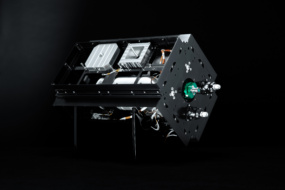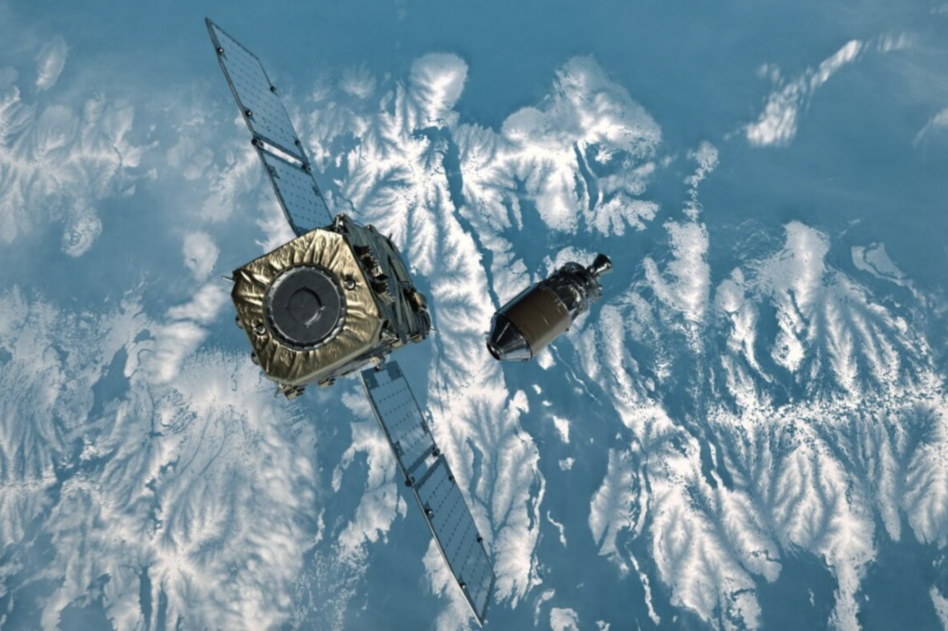Astrobotic is looking to expand into the national security sector and pitching DoD on how some of its Moon landing tech could be used by troops here on Earth.
To take steps toward that goal, the Pittsburgh-based startup hired Tim Ryan as its senior director of business development. Ryan, a retired Air Force officer who previously worked at the Mitchell Institute, joined Astrobotic in December.
“Part of it is, let’s diversify the company,” Ryan told Payload. “But the other part of it is they started to look and see [for] these technologies, there are other markets. So let’s open that aperture up.”
Location, location: Astrobotic developed a position, navigation, and timing system that would have allowed its Peregrine lander to land on the Moon if it had successfully reached lunar orbit. Ryan said this PNT device could serve as an alternative for troops operating in a GPS degraded environment.
The small, rugged system digests GPS data, but it automatically switches to its own system when it senses that GPS is being denied, Ryan said. He said it’s well-suited for service members in remote areas of the IndoPacific, where Chinese disruptions to intelligence pose a real risk.
“If it can operate on the lunar surface, an island should not be too bad,” Ryan said. “We’ve got a couple of discussions out to be able to get funding to prove that out.”
Special delivery: The company is also looking for national security applications for the suborbital launch and propulsion tech it got in its 2022 acquisition of Masten Space Systems. One possible area is point-to-point cargo delivery for service members stationed in remote areas, Ryan said.
Another idea is to transform the existing suborbital rocket into a small hypersonic vehicle that could be the target in military intercept tests. Because it is liquid fueled, it more closely matches the maneuverable threat missile defense assets face today, Ryan said.





